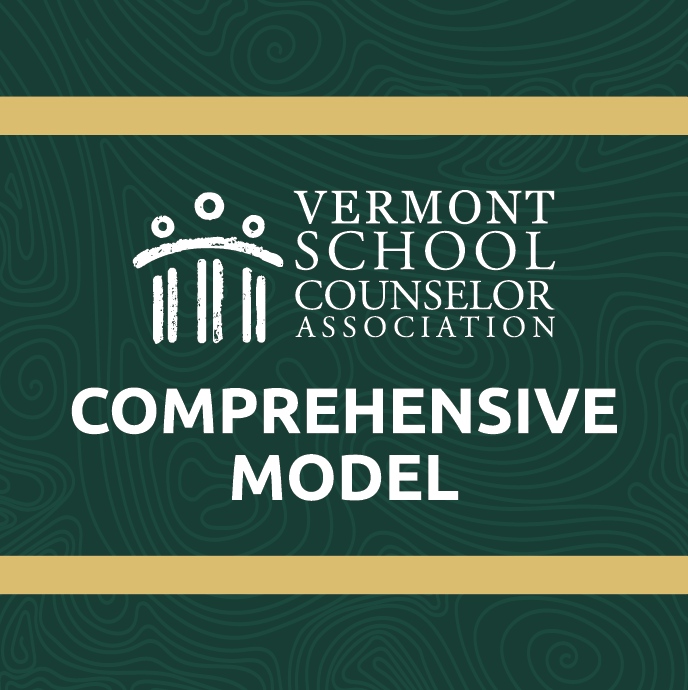SECTION 1: DEFINE |
| Service RationaleThe rationale of a comprehensive school counseling framework is student success. The model’s design, delivery and content are dedicated to the goal of personalized/ student centered learning empowering all students to become highly motivated, self-directed learners by breaking down systemic, interpersonal, and intrapersonal barriers and delivering direct and indirect services designed to address three domains of student development: academic, career and social/emotional following the American School Counseling Association’s Mindsets and Behaviors for Student Success K - 12 and College and Career Readiness Standards for Every Student. The challenges of today’s society call for school counselors to embrace a developmental approach that is proactive and encompasses and integrates prevention, remediation and crisis intervention and postvention methods to meet the needs of all students. A proactive, comprehensive model of school counseling is crucial to meeting the changing needs of Vermont’s learners and schools. Indeed, the world has gone through many changes that have directly impacted students and, consequently, the work of school counselors. For example, state and federal legislation have steered academic reforms, while rapid technological advancements and an increasingly globalized economy necessitate new approaches to career and post-secondary planning. Perhaps the greatest impact has been in the social/emotional domain: increasing rates of youth depression, anxiety, and suicide; the opioid epidemic; and now COVID-19 have touched the lives and hearts of all Americans, Vermonters and our students. In accordance with 16 V.S.A. §2902 and State Board Rule 2194 “School counseling services shall support the mission and vision of the school and shall be available to all students K-12. The services shall address students' academic, career, personal and social development. Such services shall be aligned and integrated with the work of other professionals in the school setting, as well as those in other educational and human services. Staffing shall be filled by licensed school counselors and other student support personnel with sufficient staff to carry out the school counseling services, such as guidance counselors, Student Assistance Service counselors, home-school coordinators, English-as-a-Second-Language coordinators and school-based clinicians. At the elementary level, there shall be no more than 300 students per school counselor and other student support personnel. Schools with fewer than Vermont State 8 Board of Education Rules Series 2000 – Education Quality Standards CVR 22-000-003 Page 11 of 17 300 students shall employ a school counselor and other student support personnel on a pro-rata basis. At the secondary level, there shall be no more than 200 students per school counselor and other student support personnel.” Therefore,it is also imperative that school administrators, teachers, and families view school counselors as vital members of the education team and a valuable resource (leaders and liaisons) between the school and community. Goals of this document are:
|

